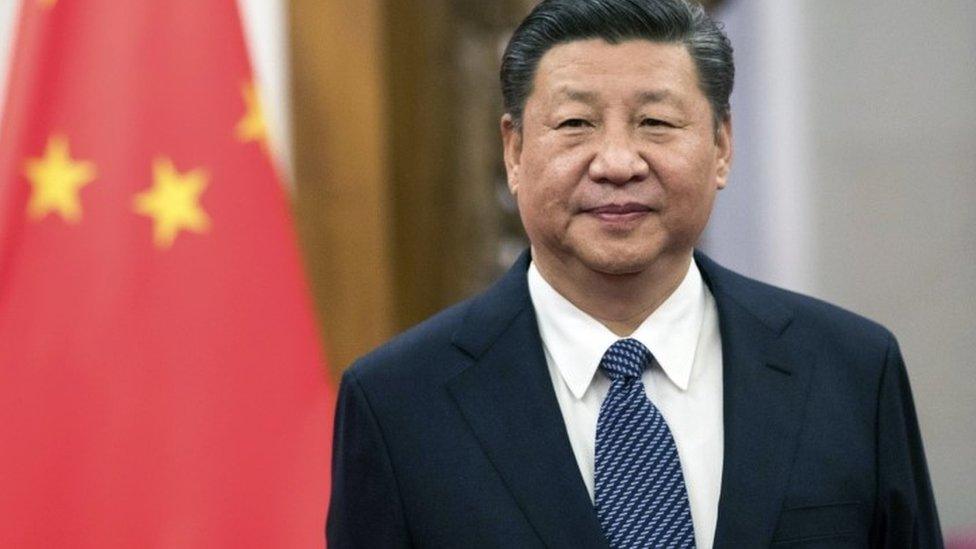- Courses
- GS Full Course 1 Year
- GS Full Course 2 Year
- GS Full Course 3 Year
- GS Full Course Till Selection
- Answer Alpha: Mains 2025 Mentorship
- MEP (Mains Enrichment Programme) Data, Facts
- Essay Target – 150+ Marks
- Online Program
- GS Recorded Course
- Polity
- Geography
- Economy
- Ancient, Medieval and Art & Culture AMAC
- Modern India, Post Independence & World History
- Environment
- Governance
- Science & Technology
- International Relations and Internal Security
- Disaster Management
- Ethics
- NCERT Current Affairs
- Indian Society and Social Issue
- NCERT- Science and Technology
- NCERT - Geography
- NCERT - Ancient History
- NCERT- World History
- NCERT Modern History
- CSAT
- 5 LAYERED ARJUNA Mentorship
- Public Administration Optional
- ABOUT US
- OUR TOPPERS
- TEST SERIES
- FREE STUDY MATERIAL
- VIDEOS
- CONTACT US
Switzerland Suspends MFN Clause in DTAA with India
Switzerland Suspends MFN Clause in DTAA with India
14-12-2024

- In December 2024, Switzerland announced the suspension of the Most-Favoured-Nation (MFN) clause in its Double Taxation Avoidance Agreement (DTAA) with India, starting from January 1, 2025.
- This decision could result in higher taxes for Indian companies working in Switzerland and Swiss investors in India. It may also impact the flow of investments between the two countries.
What is Double Taxation Avoidance Agreement (DTAA)?
- The Double Taxation Avoidance Agreement (DTAA) is a treaty between two countries designed to prevent individuals or businesses from being taxed twice on the same income. This agreement helps Non-Resident Indians (NRIs) and others avoid paying taxes in both countries on the same earnings.
- The Double Tax Avoidance Agreement (DTAA) between India and Switzerland was signed signed in 1994
- Its purpose is to prevent individuals or businesses from being taxed twice on the same income in both countries.
- The agreement contains 29 Articles, which cover the definition, scope, income taxation rules, and methods for eliminating double taxation.
- This agreement was created to simplify the tax system for residents of both countries, making it easier for individuals and businesses to operate across borders.
- For example, if an Indian citizen moves to Switzerland but still earns income from India, the DTAA ensures that they will not be taxed on the same income in both countries.
- Instead, they will only pay tax once, either in India or Switzerland, depending on the rules specified in the agreement.
What is the Most-Favoured-Nation (MFN)?
- An MFN clause ensures that if a country offers a trade benefit (like lower taxes or tariffs) to one trading partner, it must offer the same benefits to all other trading partners.
- For example, if India gives Switzerland a lower tax rate, India must offer the same tax rate to other countries as well.
- Purpose: The aim is to create a fair and equal trade system, where benefits are not based on the political or economic power of countries.
Pros and Cons of MFN:- Exemptions: The World Trade Organization (WTO) allows exceptions to the MFN rule, such as:
- Countries forming bilateral agreements with one another.
- Developing countries getting special market access.
- Countries within a trade bloc, like the European Union (EU), can discriminate against non-members.
- Countries can set their own trade measures for non-WTO members (e.g., Iran, North Korea, Syria).
- Removal of MFN status: There is no fixed rule for suspending MFN status, and countries do not always need to inform the WTO when they do so.
- For example, India suspended MFN status for Pakistan after the Pulwama attack in 2019.
- Exemptions: The World Trade Organization (WTO) allows exceptions to the MFN rule, such as:
Background of the India-Switzerland Tax Treaty:
- The DTAA between India and Switzerland was signed in 1994 and later amended in 2010 to prevent double taxation of income.
- Supreme Court ruling (2023): The Indian Supreme Court ruled that the DTAA's provisions must be officially notified under India’s Income Tax Act to be valid.
- This overturned a Delhi High Court decision that had automatically protected entities from double taxation.
- The Court clarified that tax benefits under the DTAA can only be applied from the date the treaty is enforced, not retroactively.
Reason for Suspension of the MFN Clause:
- Switzerland's Reason: Switzerland decided to suspend the MFN clause because India has not offered similar tax reductions or benefits to Switzerland.
- The Swiss government stated that they cannot unilaterally apply reduced tax rates without a mutual agreement from India.
Implications of the Suspension of the MFN Clause:
- Higher Tax Rates:
- Starting January 1, 2025, dividends paid by Swiss companies to Indian investors will be taxed at a higher rate of 10% up from the earlier 5% rate.
- This could affect Swiss companies like Nestlé and make India less attractive as an investment destination.
- Impact on European Free Trade Association (EFTA):
- Switzerland’s decision could affect the $100 billion investment commitment under the EFTA-India trade agreement, signed in March 2024.
- EFTA is a group consisting of Iceland, Liechtenstein, Norway, and Switzerland, and this suspension might create uncertainty for investors from these countries.
- Bilateral Treaty Dynamics:
- The suspension reflects a shift towards tighter interpretations of international tax treaties, especially in India’s stance on tax matters.
- Indian companies operating in Switzerland may face higher tax liabilities, which can lead to financial burdens as tax structures become stricter globally.
Conclusion:
Switzerland’s move to suspend the MFN clause marks an important shift in the India-Switzerland tax treaty relations. While Switzerland’s decision is based on concerns over reciprocity (fairness in tax treatment), it may discourage Swiss investments in India and create tax challenges for Indian businesses in Switzerland. This change highlights the need for clear agreements and mutual understanding in international tax treaties to maintain stability and fairness in trade and investment.




